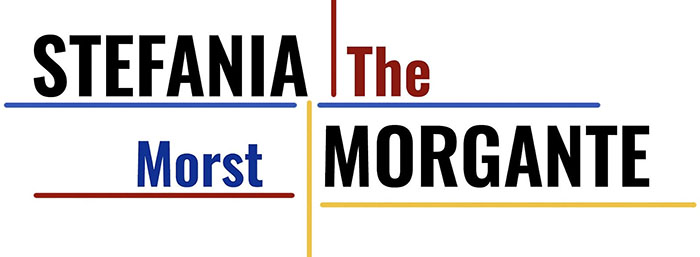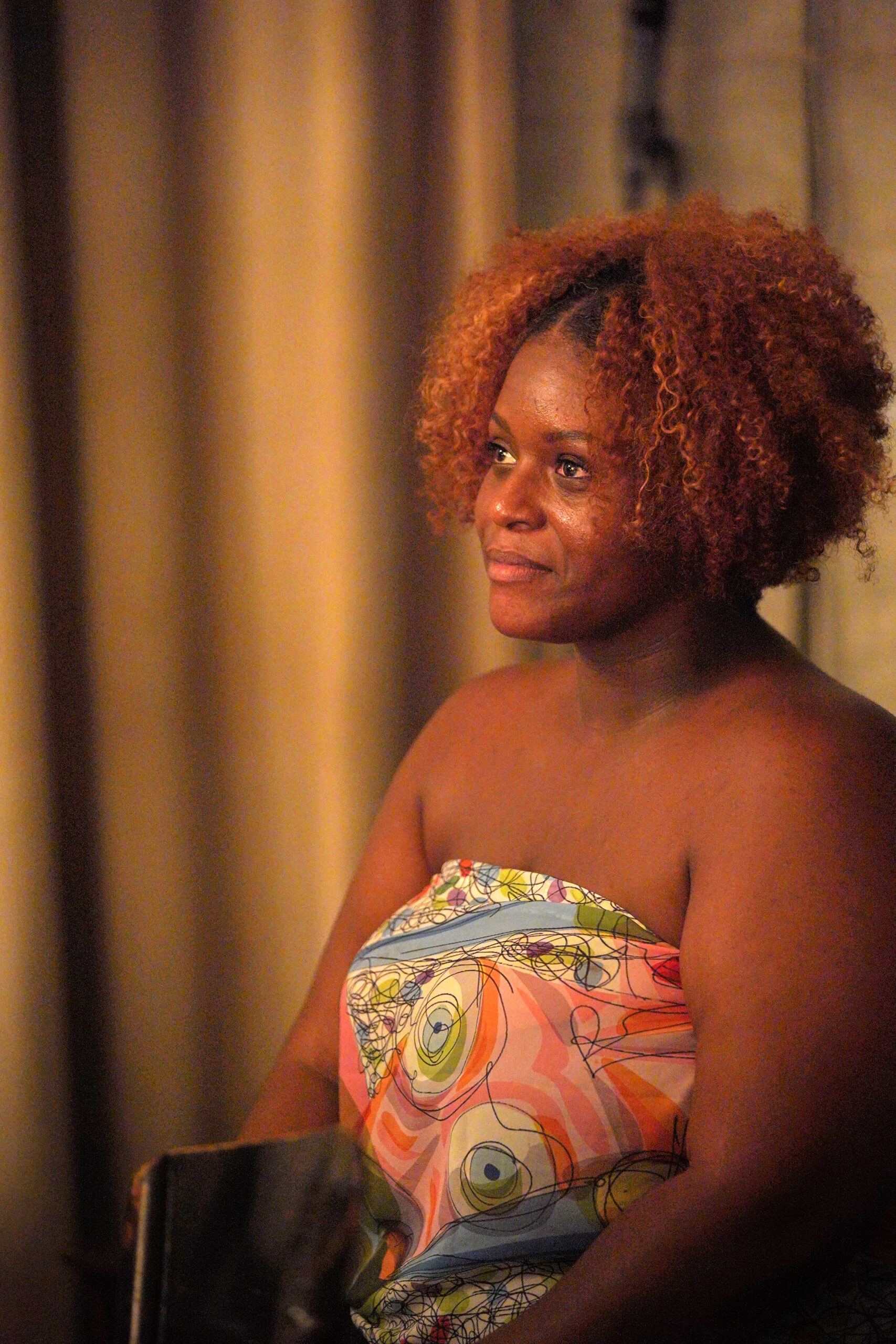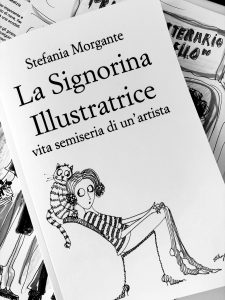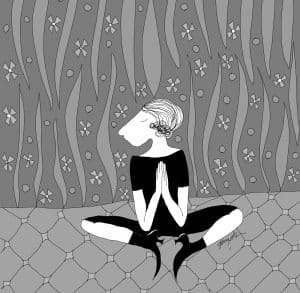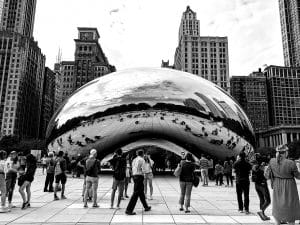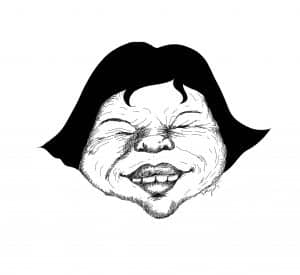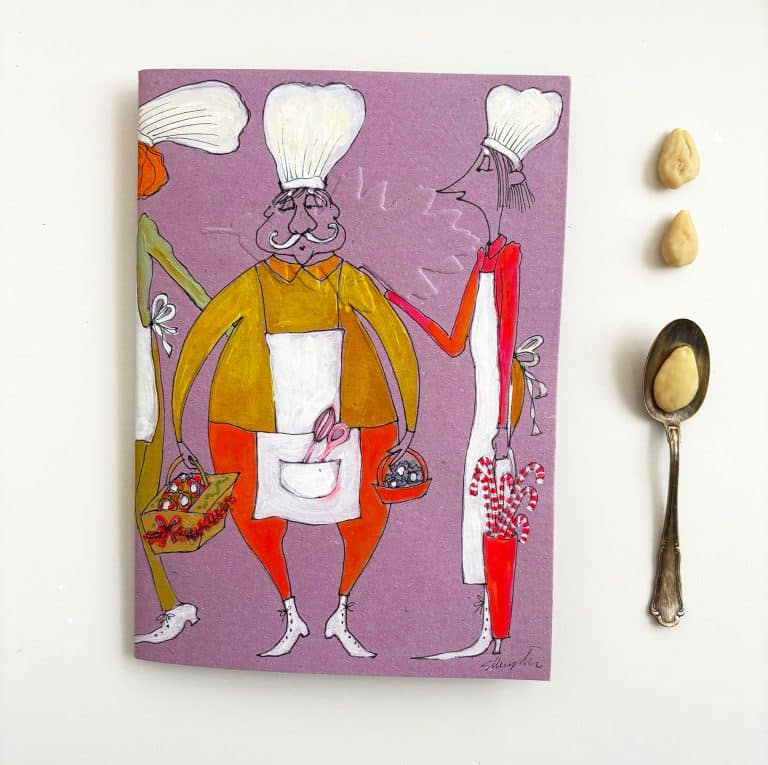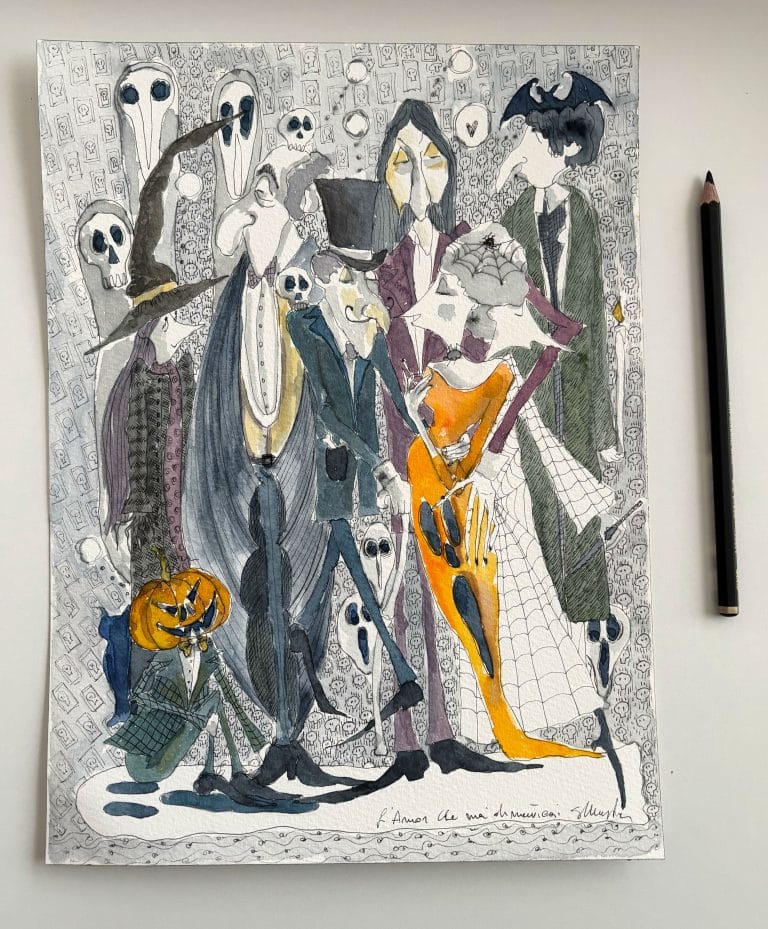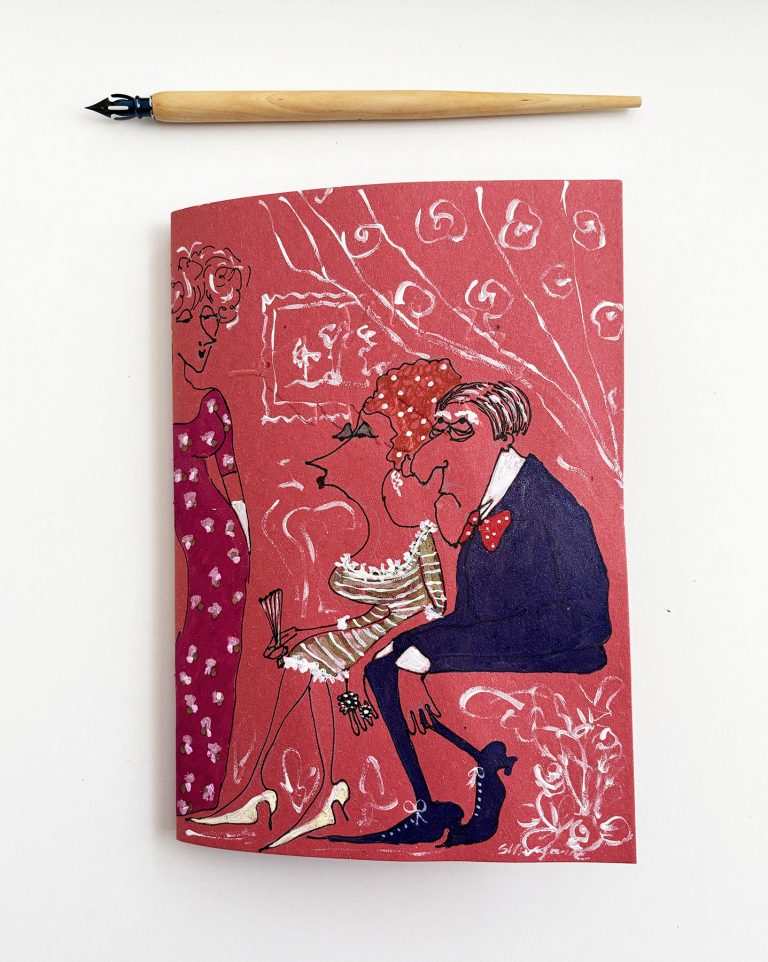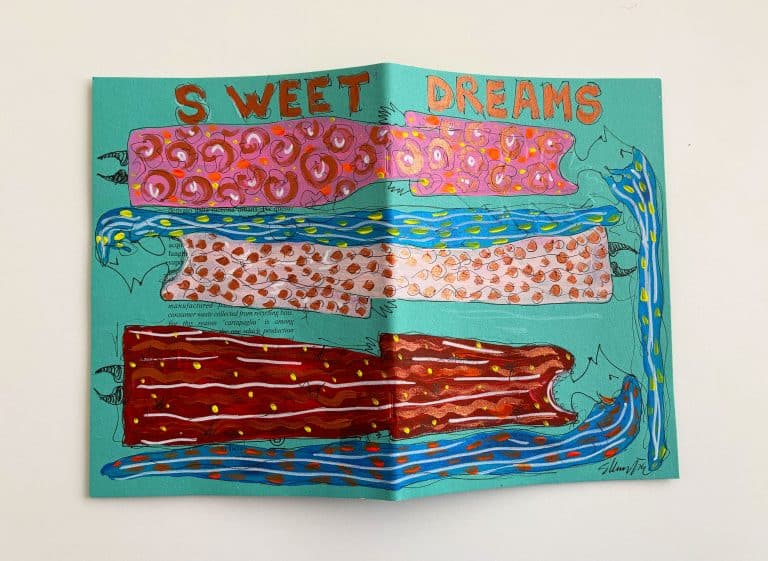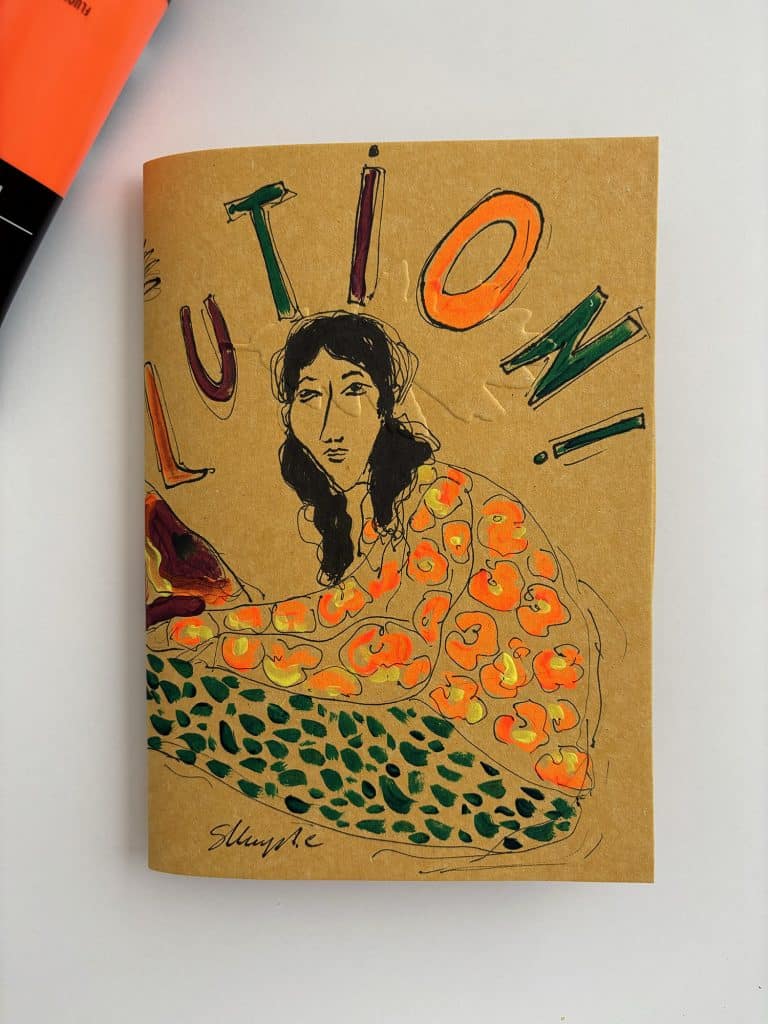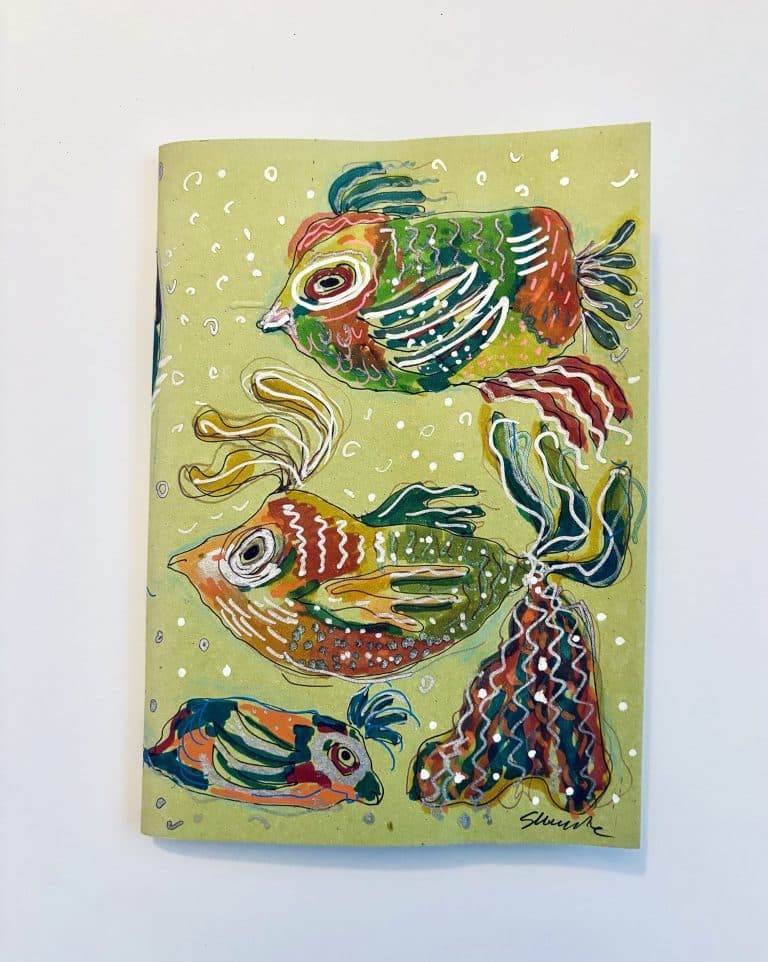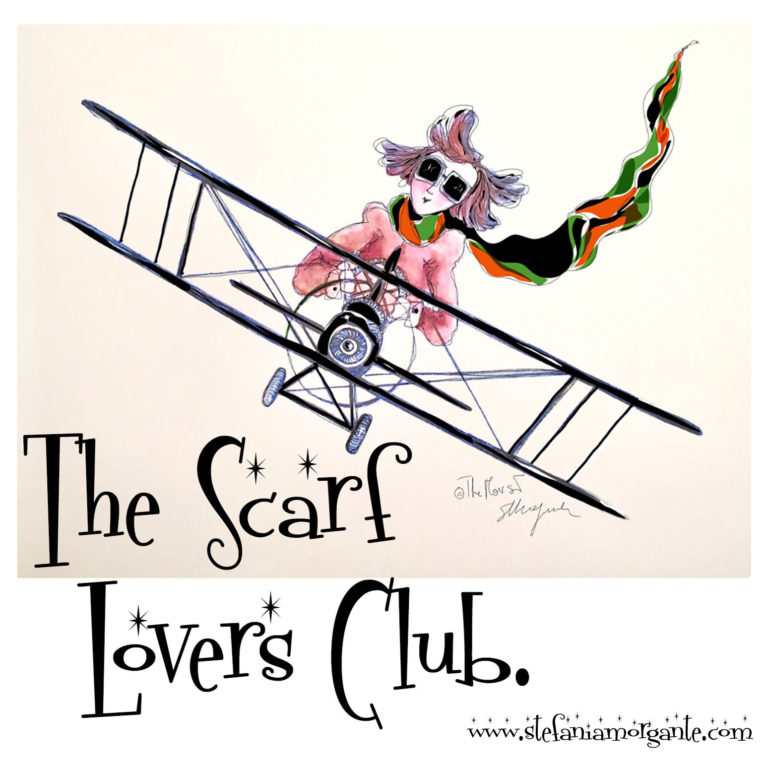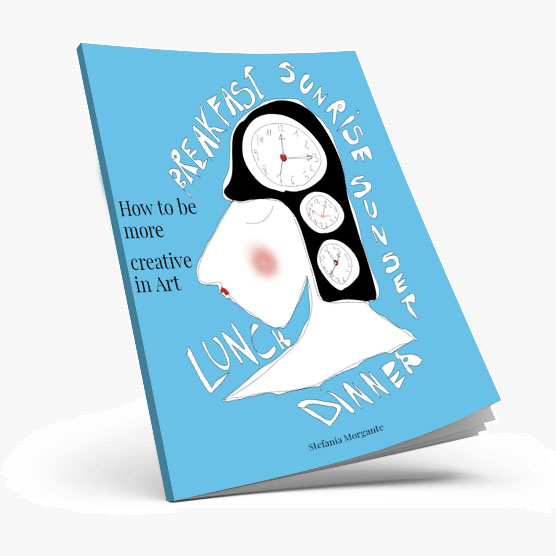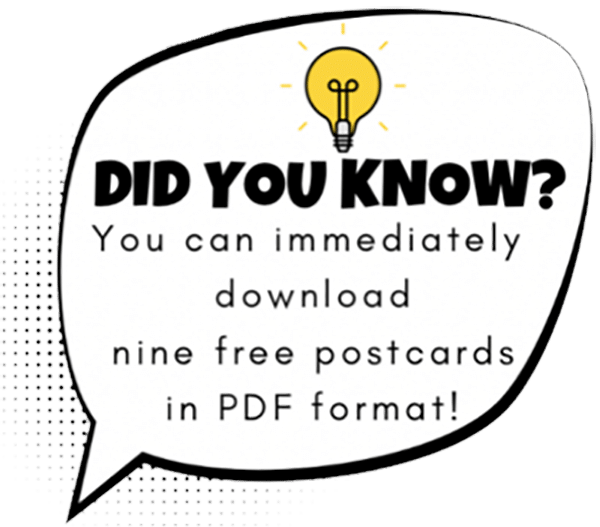“Womanist is to feminist as purple is to lavender” – Alice Walker.
Nakeysha Roberts Washington, M.S. Ed is the owner and Creative Director of Genre: Urban Arts (GUA), a platform where artists can become published digitally and in print. Nakeysha spends much of her time preparing opportunities for creatives to share their art as part of the necessity for inclusion.
All of this with the knowledge that working in the space of developing yourself as a creative is often seen as a privilege. Pop-up galleries and performances organized by Nakeysha via Gene: Urban Arts allows everyone in the creative community the ability to develop themselves as artists, become published and showcase their art through performance and exhibition. GUA is now a playground for 800+ creatives, all who have their own medium in which they create— Their own Genre.
Additionally, Nakeysha is an instructor at the University of Wisconsin- Milwaukee where she supervises and trains Secondary English teacher candidates and also is a Literature Instructor at the Milwaukee Area Technical college.
I asked Nakeysha, who publishes my poems in genre urban arts magazine, a few questions.
Questions about the times we are living in, about the culture, about the changes in our lives in the world.
A short interview about the times we are living in.
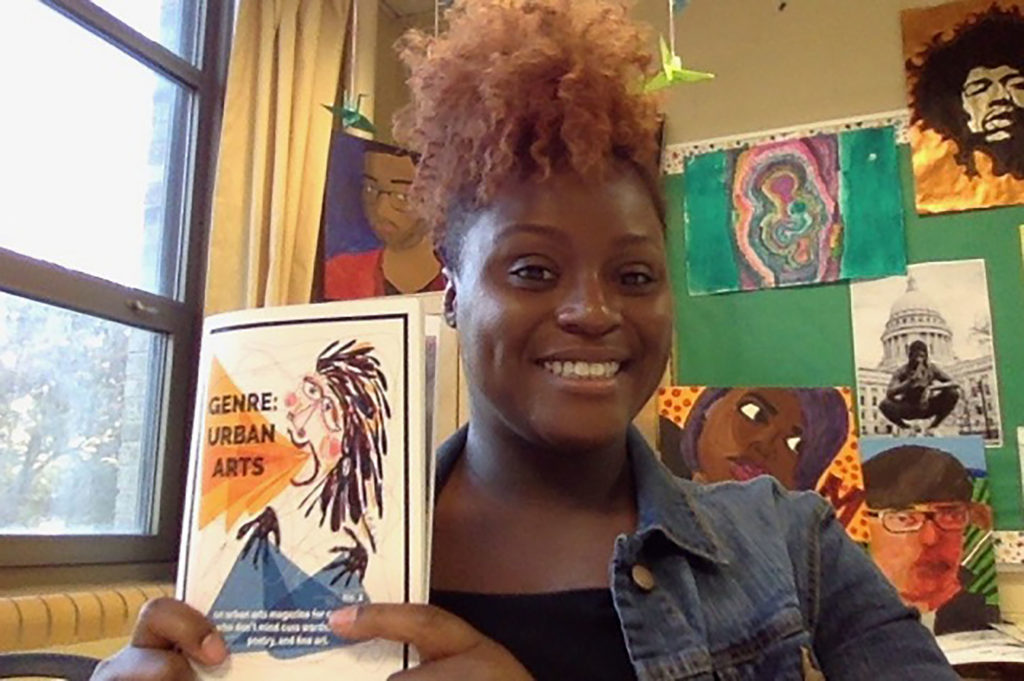
How much has covid affected your social and work life?
Covid- 19 has put a complete stop on my social life, but I find that I am busier working than ever.
In 2019, I traveled internationally and within the continental US every single month several times a month and the pandemic slapped travel right off of the table. I had trips planned to NYC, Paris, and New Zealand planned, and now I have traveled from my foyer to the bedroom.
Work ramped up. It happens that a lot of organizations wanted me to come teach workshops and speak to their students and employees about writing and about race. Besides Genre: Urban Arts, I am an educator with degrees in Critical Theories, Creative Writing, and Curriculum and Instruction.
I have also done extensive work in Diversity and Equity and have begun work on my PhD, which centers around Urban Education and Culturally Responsive Practices… this means I am knee deep in discussions about race in American all off the time and because America is very racist and also working to find some semblance of equity, I have lots to say and also a lot of people to converse with.
Has literature helped you in this regard?
Right now, I have written only a few poems. I have been so sad and stunted with the inability to out in the world that I have had a difficult time writing or reading. However, in early December, I did write some poetry and it was so refreshing. I felt a lot like myself and the night after writing, I slept so well. It was like the poem was keeping me up all of the nights before and when it got out, I finally could rest.
Has your writing stayed the same or has the pandemic transformed it?
My writing is similar. I am focused on legacy and connections from ancestor to living relatives. Being African American means that I know very little about my ancestors prior to being enslaved here.
Recently, I took a DNA test to find out where I am from and I was so happy to finally have some knowledge of myself. This idea of family, longing, and being lost has always been part of my writing. I am missing something that was stolen from me that I can never know. This will always be with me and is always part of my consciousness.
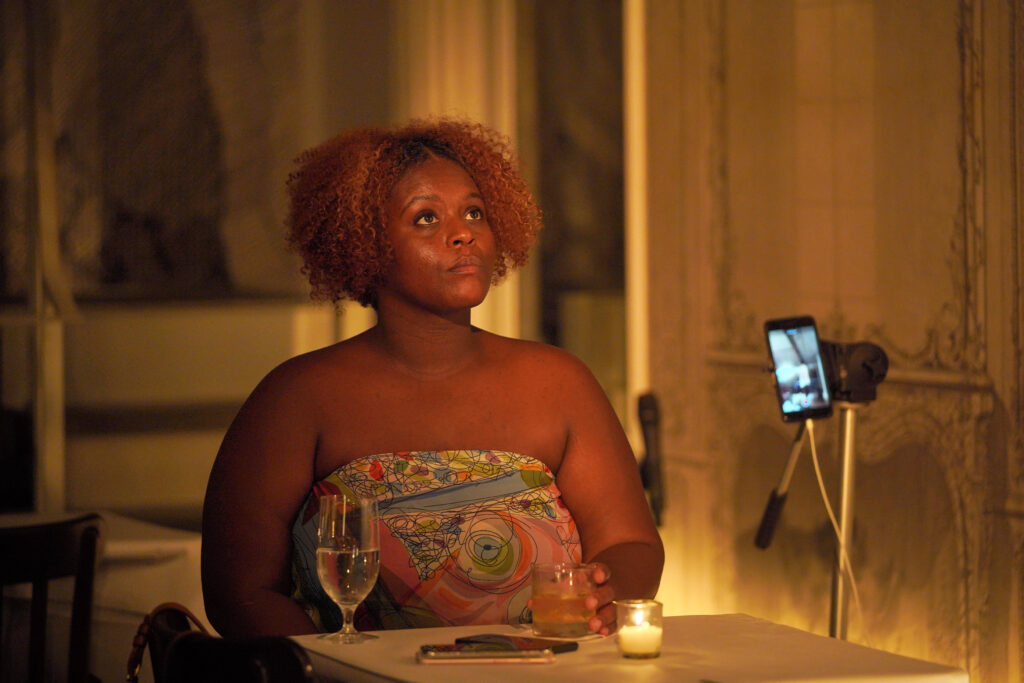
What role does poetry play in America? Inviting Amanda Gorman to Inauguration Day made me think about how important poetry is today and how undervalued it is in many countries.
I work in circles of creativity, so I do not think that poetry is undervalued. However, that is my privilege to say that. I think that writing and poetry have space to change minds, make people begin thinking on subjects that they have not previously considered and it can make a difference. I, to a fault, do not care for love poetry ONLY because it is a waste of fixing some other social injustice. I should say love is important, but if I get a public opportunity to say something, it will not be about what is romantic, but will be about what is hurting humanity. I don’t know if this is better or not; it’s just better for me.
Tell me about genre urban arts, how it is evolving.
Genre: Urban Arts has evolved by stretching our anthology lines to include Femme Literati: Mixtape and House. These anthologies provide spaces for Black and Brown women and LBGTQ+ identifying artists to speak freely without worrying about white censorship.
Here, in America, being Black is only cool when a white person appropriates our style or hair or body type. We are excluded and dehumanized for simply being ourselves, so I wanted to make space for Black and Brown people to show up as they are without limitation.
Additionally, we have been contracted to do media development for companies; we make books, build sites, develop brand and media for other companies. We also teach workshops writing and arts workshops to adults and highschool students. It has been this ability that has enabled Genre to stay afloat during the pandemic.
If you could change anything in the cultural sphere, what would you do today?
I would change the way that police are allowed to interact with Black people. Police are to protect and serve. However, in America police do not protect and serve Black people. They terrorize us. They murder us. They do not see us as citizens. I would make policy and laws that would jail police officers who mistreat Black and Brown communities as well as put in other policies that enable Black people to have their full human rights respected and not violated, then ignored.
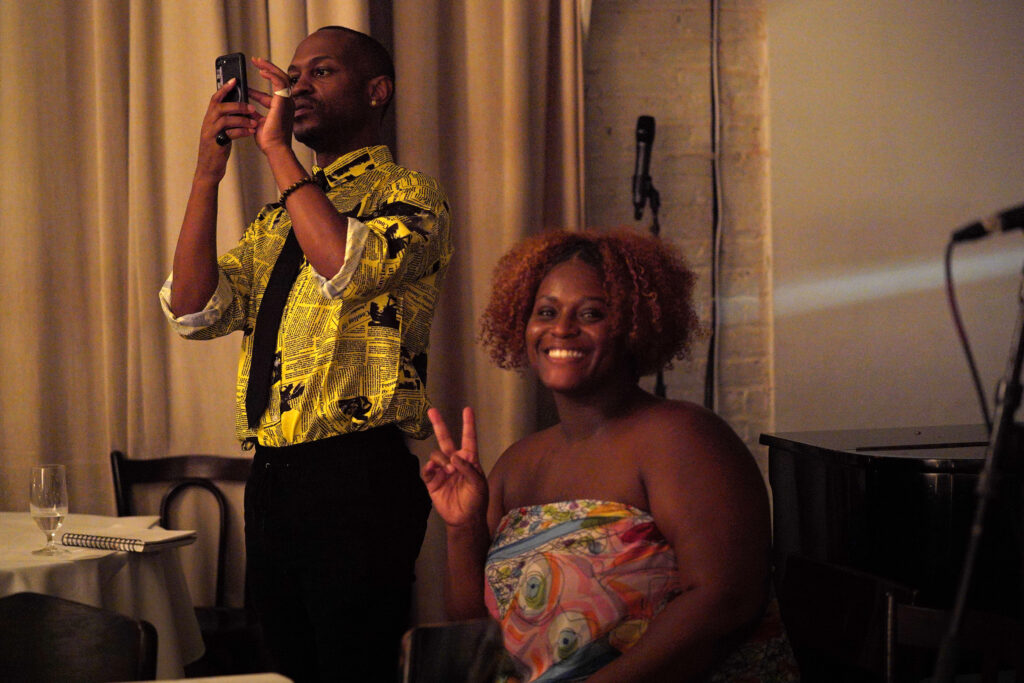
Feminism, women’s struggles in American, where are they at?
Here, I focus on Womanism.
The difference from Feminism is that it accounts for the social injustices the Black women face simply because we are Black. I cannot separate my skin from my gender, both affect me and are impacted by the other.
As far as struggles women face, we face inequities in equal pay. We are penalized for having kids and also penalized for deciding not to have kids. We are not given any real help from a system that takes large amounts of money from our checks. The help that is given only further indentures women to stay within a level of poverty that will ensure they will qualify for enough government help to eat and feed their children.
Women are sexualixed and then demonized for participating in the systems that want our bodies. Women are taught that pain makes you strong and never given any support because of this fallacy of strength. We are abused, ignored, and disadvantaged.
However, we are the ones who have the power, Black women in particular, to kick a racist like Donald Trump out of office. Hoping that Joe Biden will work on our behalf to make things more equatable. We hope, but we do not wait for anyone. We know we are the change makers, like Stacy Abrams and we cannot wait for what we need, so we will organize and take it ourselves.
What would you say to women of all ages to empower themselves at this time in history? You have a female and multiracial vice president, it’s a strong message for everyone.
I think what is empowering to women is that we do not have to be hard all the time. That we should rest and find spaces where we are appreciated and loved and supported. It is nice to have a Black- Indian American in office, but I will watch her cautiously as well.
We cannot become complacent. We still need to make way for more Black and Brown women in these spaces. We need to have an opportunity to be smart and beautiful– extraordinary too.
Kamala Harris is a good start, and I celebrate her, but I know better than to let that be it. It is not just her acceptance in this space and then we can all go home. There are very real injustices that must be addressed, fought for, and changed. We can celebrate for a day or two, but then get back to work.
If you could write a little story about the “splendor in the grass” scarf you own, what would you say? As if it were a tweet.
Ah, I love that scarf. I wore it as a shirt to aGenre @Bowery event in NYC. I wear it holding my curls on my head. I wear it every week. It is the color life and the dreams I dream. I received a lot of compliments on it.
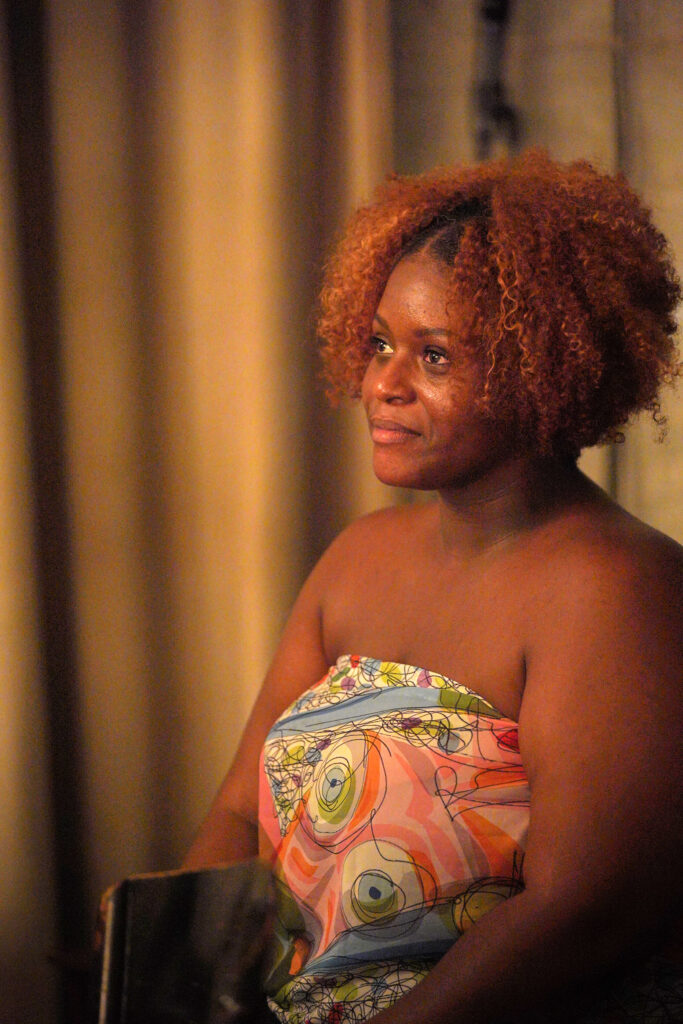
Any plans after the covid?
TRAVEL everywhere in the universe that I can.
I am going to throw a HUGE party and I cannot wait to see all of my friends’ faces. They are scattered across the world I want to see them in person and hug them and have dinner with them and drink with them…. I want to talk to strangers and just enjoy life again. I have gotten to spend a lot of time with my son and daughter, so this part has been good.
Do you think your life has radically changed since covid?
I have pretty much been in the house since covid. I am thankful for the time. I would not have had the opportunity otherwise. I think that that is the highlight of this foolish era of the pandemic.
What do you save and what do you throw away from your pre-covid life?
The only thing I would throw away is having to go to work. I mostly worked from home prior to covid, but now it is 100%. I do not think I will ever work in a regular position again unless financially it was necessary. Otherwise, I really did enjoy and love my life pre-covid.
